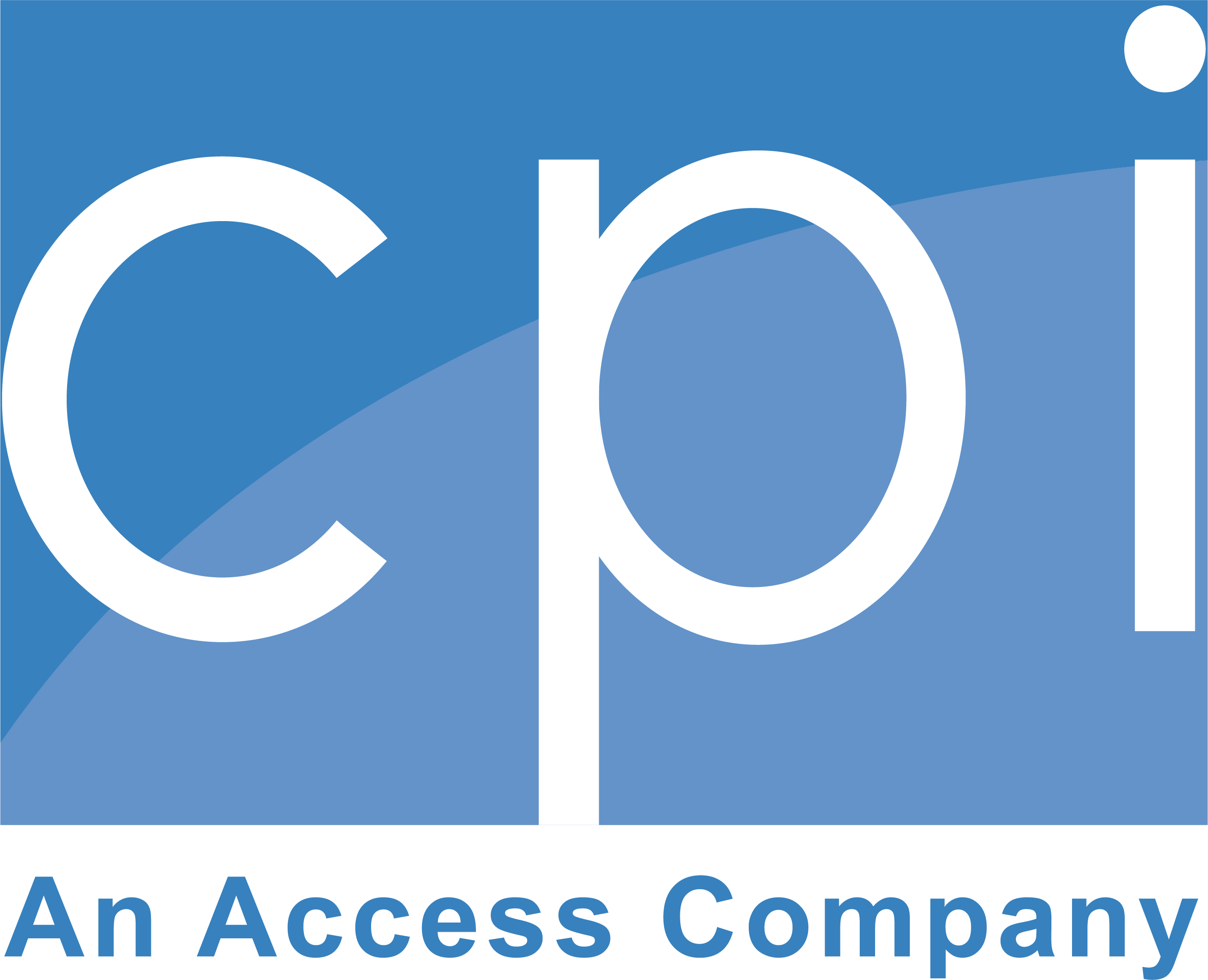Document security is more than just a buzzword or a nice perk—it’s an essential piece of the puzzle when it comes to a company’s document management strategy.
Document security doesn’t add an unnecessary layer of complication to your document management strategy. On the contrary, it simplifies data and document management, ensuring that you can always access the documents you need on one central platform and that only authorized personnel have access to sensitive data.
The Risks of Neglecting Document Security
To understand the importance of document security, we need to consider the alternative. Leaving documents vulnerable can lead to some serious problems for your business, such as targeted data breaches, accidental data exposures, and inefficient processes.
Data Breaches
There are over 1,000 data breaches annually in the U.S. These instances involve planned cyberattacks that are often aimed at stealing and exploiting sensitive data.
For example, MGM Resorts fell victim to such an attack in 2019 when hackers posted personal information belonging to 142 million guests online, some for free download and some for sale.
Data breaches can lead to legal and financial consequences when negligence is involved, and they can severely damage a company’s relationship with its customers. In one survey, 81 percent of consumers said a data breach would prompt them to stop engaging with a brand online.
Data Exposures
Many security issues are due to human errors that leave data unguarded. In 2020, nearly 156 million Americans had their records exposed due to deficient information security.
Even if vulnerable data happens to go unnoticed by hackers, these instances are still problematic. Exposing sensitive data, especially if it belongs to your customers or clients, can hurt your company’s reputation and fracture your relationship with them.
Inefficient Document Management
Even if you’re lucky enough to avoid data breaches and exposures, deficient document security can still have a negative effect on your day-to-day operations.
Chances are, without a robust system for document security in place, you’re relying on inefficient processes for document capture, organization, and storage. A lack of security can lead to confusion over document duplication, for example—or worse, unintentional document deletion.
How to Improve Your Document Security
Considering the serious risks that neglecting document security entails, companies should invest the necessary resources into ensuring their documents are stored, organized, accessed, edited, and shared securely.
Consider these strategies for improving your document security.
1. Outsource document management.
One of the most convenient and cost-effective ways to improve your document security is to partner with a company that can offer secure data storage and management on a single platform. The ideal solution is a vendor that offers both document management and IT services so they can help you securely manage your data each step of the way.
2. Train employees in security best practices.
Every member of your company should do their part to keep documents secure. Train employees in cyber hygiene practices, such as setting up strong passwords, and in recognizing security issues when they arise. You should also ensure all employees know how to use your document management system to interact with documents effectively.
3. Guard against external threats with the right tech measures.
You likely employ physical security measures to protect paper files, such as locks on filing cabinets and a whole-building security system. When it comes to digital files, you need the right tech measures in place to guard against external threats. This might include:
- Anti-virus and anti-spyware programs
- Firewalls
- Data encryption
- Multi-factor authentication
- Document authentication for electronic signatures
4. Update operating systems and applications regularly.
As software developers find new ways to improve security, they can continue to make improvements through system updates. You should update your operating system and applications regularly to ensure you’re working with the latest, most advanced versions. Note that cloud-based applications may update automatically.
5. Periodically evaluate and refine processes.
As cybersecurity threats evolve, it’s smart to stay apprised of the latest best practices in the world of data security. You may also want to conduct an audit of your company’s practices periodically to look for any potential gaps in security. Remain on the lookout for ways to refine your processes.
Manage Documents Like a Pro with CPI
If you need a trusted partner to help you with document management and security, consider CPI. We offer a comprehensive document management solution to our clients throughout Texas, Oklahoma, and Arkansas. That means we provide the right combination of equipment, software, and services to meet your needs.
Learn more about our services, including document management and managed IT services. When you’re ready to discuss how CPI can help you improve your document security, request a quote or consultation.




